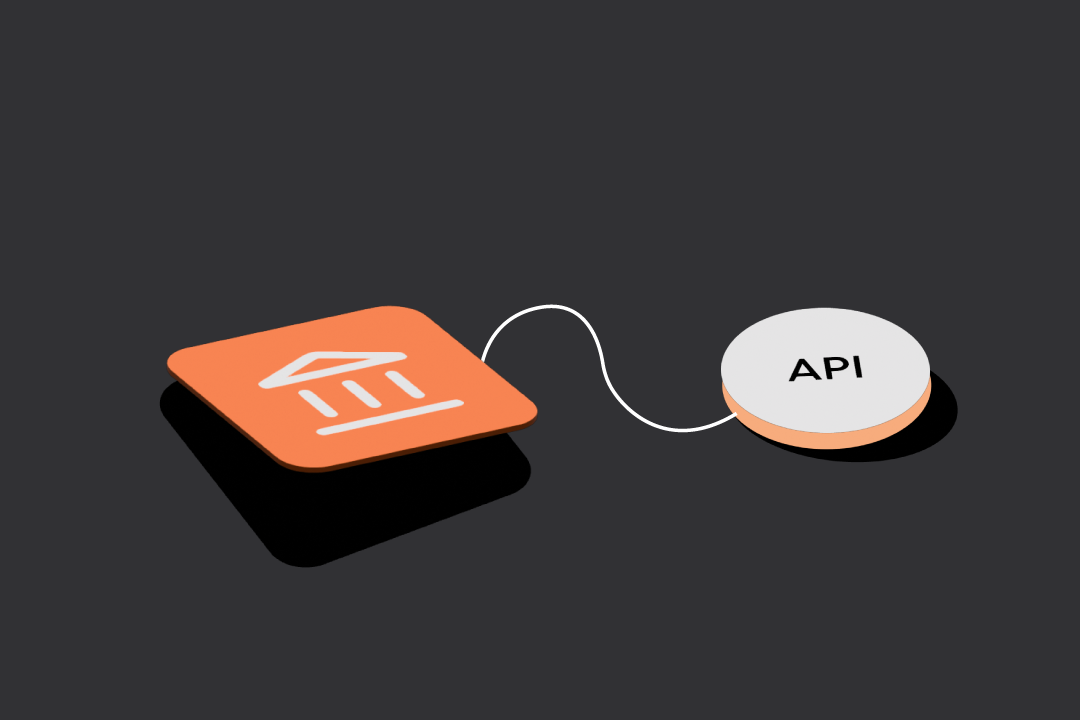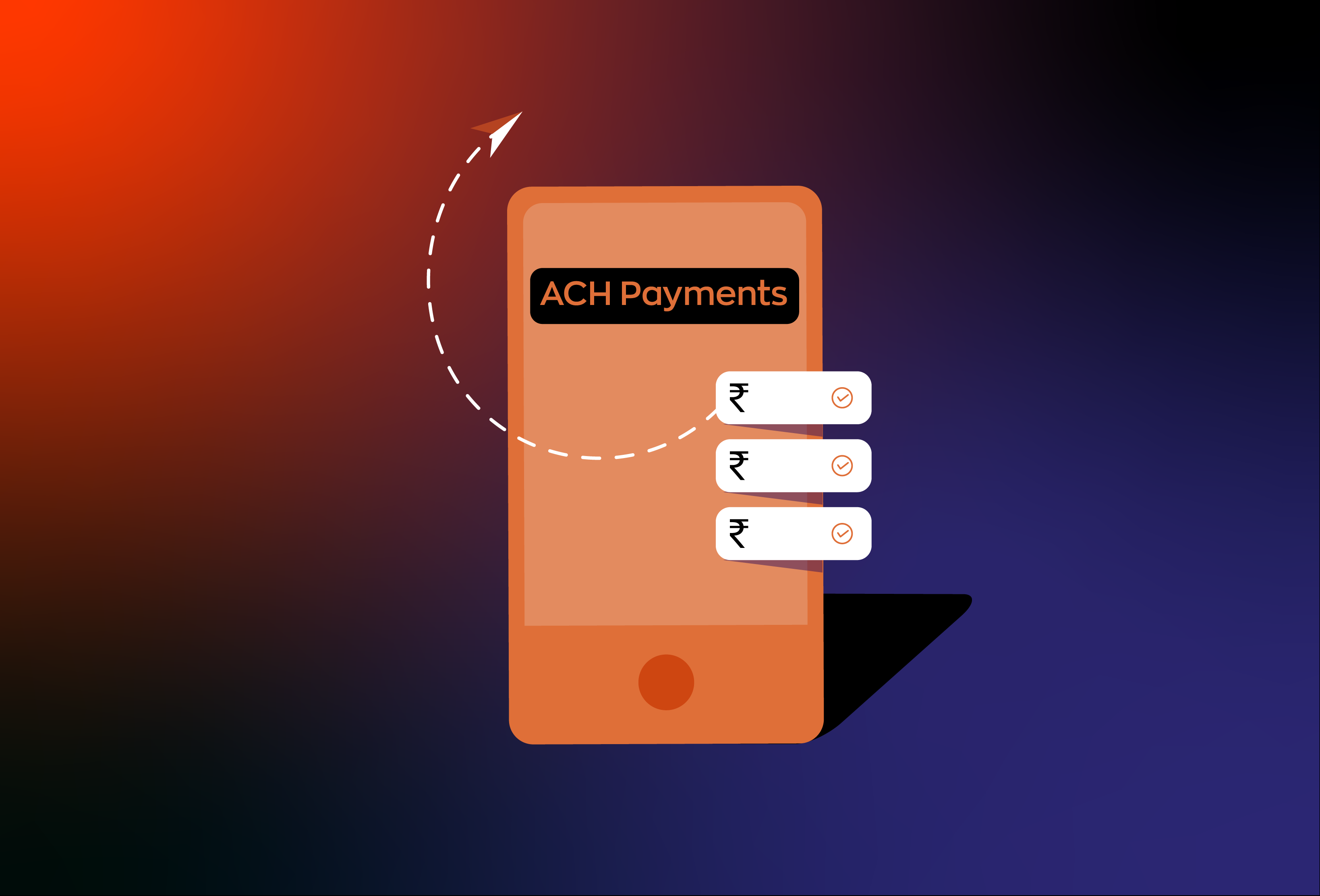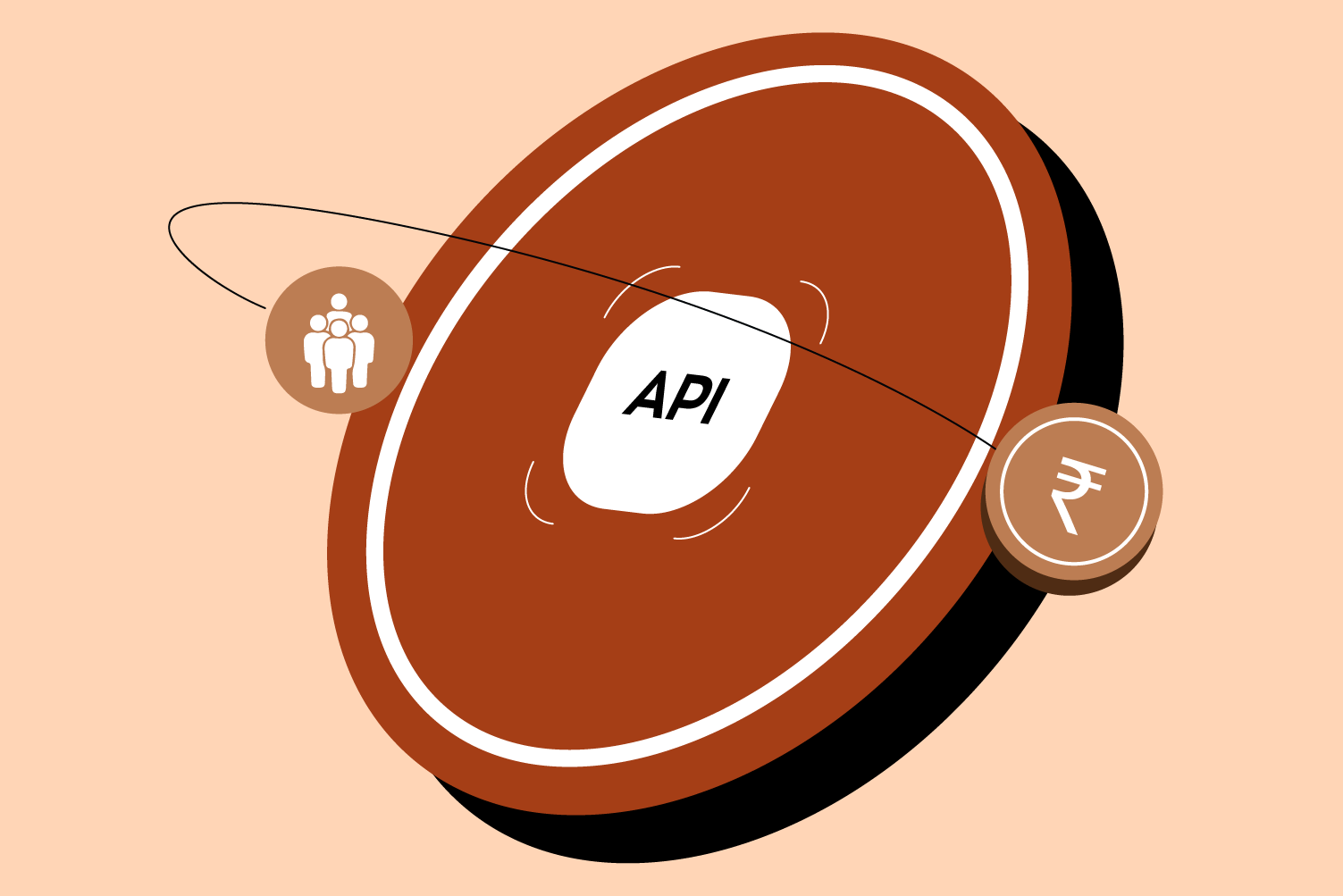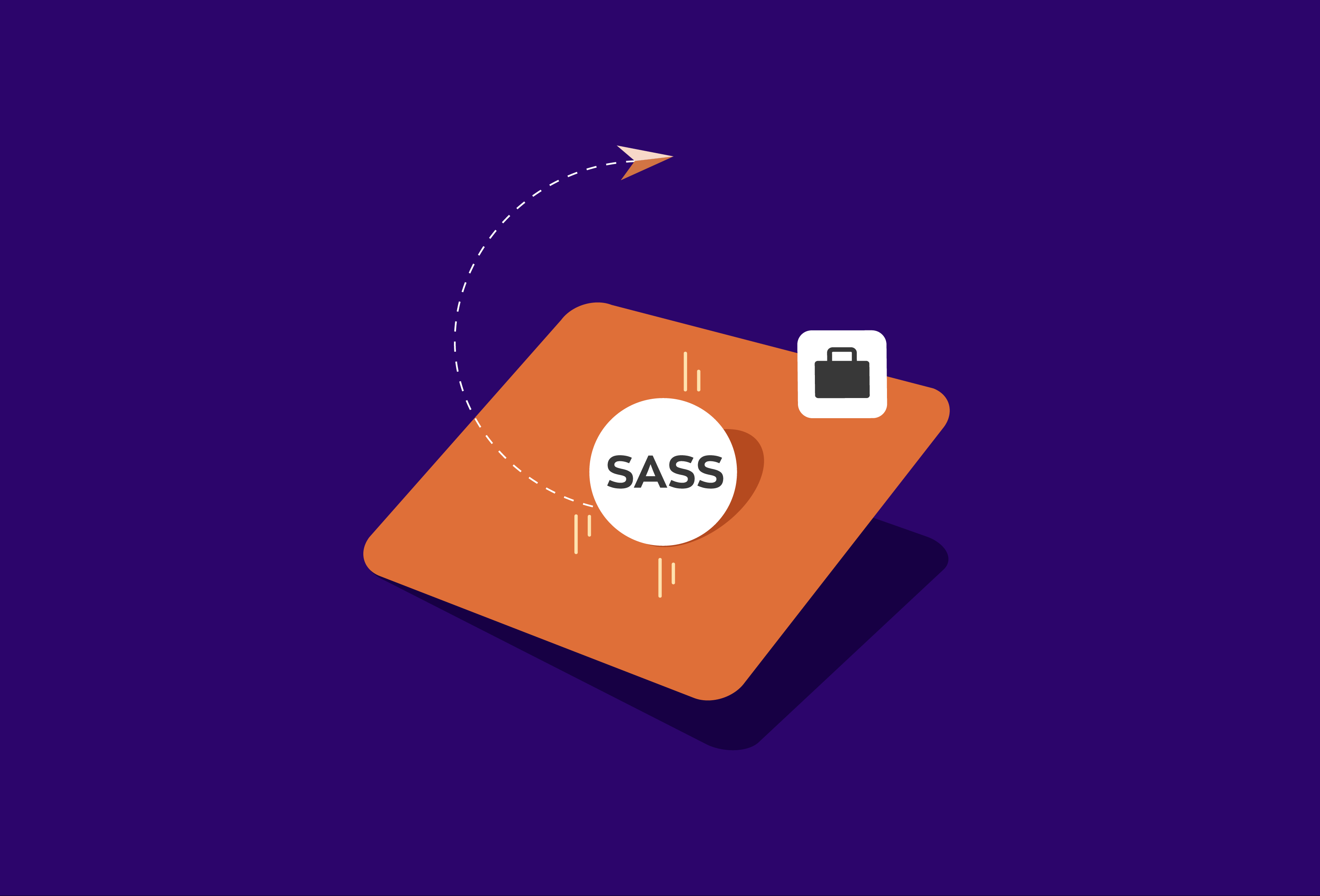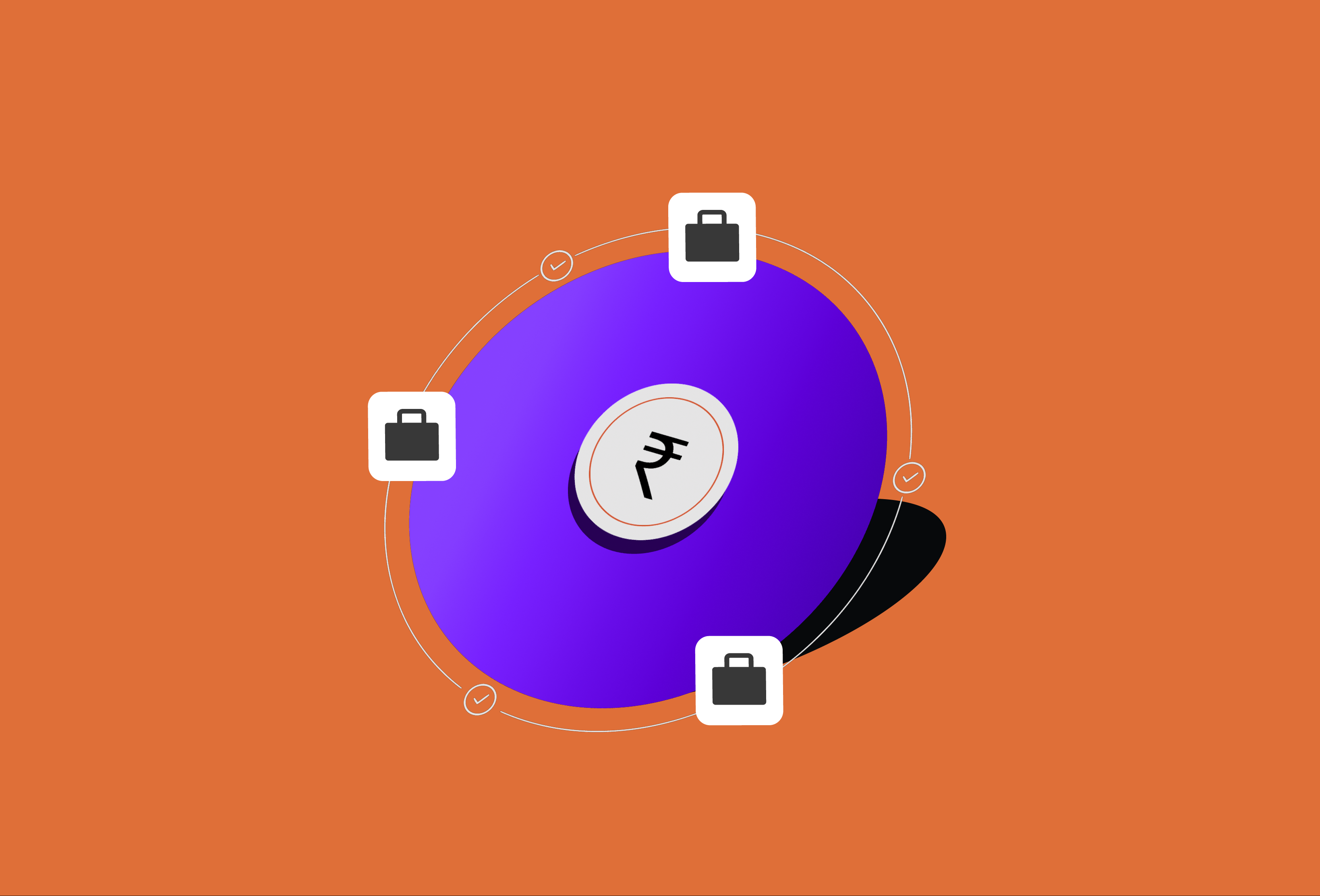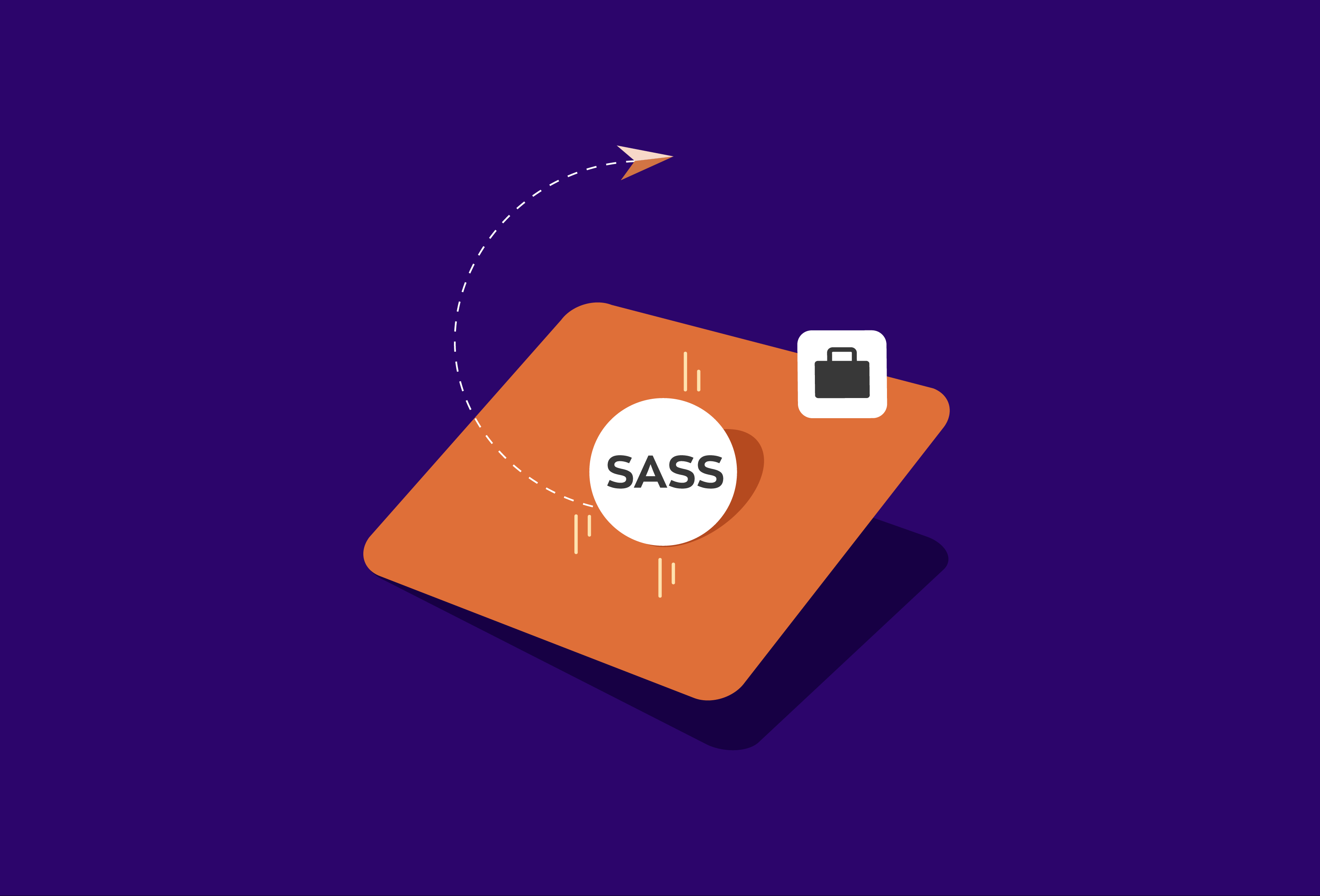Bulk payout automation is transforming the way large organizations manage payroll. What was once a time-consuming, error-prone process is now becoming faster, more reliable, and easier to scale.
Managing payroll in a large organization is no small task. Each month, HR and finance teams are expected to process hundreds or even thousands of payments — accurately, on time, and in line with statutory requirements.
But manual processes often slow things down. From uploading bank files to cross-checking payment batches, the work involved can quickly pile up. Even a small error can delay salaries and disrupt employee confidence.
To address these challenges, more organizations are adopting bulk payout automation to streamline salary disbursals, reduce errors, and bring more control to their payroll operations.
The Challenge of Payroll at Scale
As companies grow, their payroll operations become more complex. Different departments may follow separate payroll cycles. Salary components vary by role. Employees may have accounts in different banks. Managing all of this manually increases the chances of errors and delays.
Typical issues include:
- Incorrect account numbers or IFSC codes.
- Delays due to banking cut-offs.
- Time lost in reconciling mismatched transactions.
- Lack of transparency during audits.
While these may seem minor, they can result in repeated follow-ups, strained internal coordination, and a less-than-ideal experience for employees.
What is Bulk Payout Automation?
Bulk payout automation refers to the use of software or APIs to process mass payments — such as salaries, reimbursements, bonuses, or incentives — in a single, automated flow.
Rather than manually uploading spreadsheets to multiple bank portals, payroll teams can use an integrated platform that handles bulk payment processing across different accounts in one go. These systems often connect directly with HRMS or ERP tools, ensuring that data flows smoothly from payroll calculation to payout execution.
Key Benefits for Large Organizations
1. Faster, Error-Free Disbursals
Automated payouts reduce manual steps, which lowers the risk of input errors. Since payment files are system-generated and pre-validated, the chances of incorrect amounts or bank details are minimal. As a result, salaries reach employees on time, even during high-volume periods like month-end or festival bonuses.
2. Simplified Workflow for HR and Finance Teams
Manual payroll often involves switching between tools: preparing Excel files, logging into bank portals, waiting for approvals, and confirming each transfer. With bulk payout solutions, all of this can be done within a single interface. Teams can upload data, initiate payouts, and monitor statuses without jumping between platforms.
3. Real-Time Tracking and Control
One of the biggest pain points in traditional payroll processing is the lack of visibility once payments are initiated. Bulk payout platforms offer real-time dashboards to track transaction statuses, spot failures, and handle exceptions immediately. This not only improves transparency but also reduces the time spent resolving issues.
4. Scalability Without Additional Load
As your workforce expands — whether it’s full-time staff, gig workers, or contractors — payroll doesn’t have to become more complicated. With automation, businesses can scale payments effortlessly, without increasing manpower or operational effort. Whether it’s 500 or 5,000 payouts, the system handles it all with equal ease.
Where Bulk Payout Automation Adds the Most Value
While salary disbursals are a key use case, the benefits of bulk payout automation go beyond payroll. Organizations also use these systems for:
- Reimbursements (travel, meals, or mobile bills).
- Incentives and bonuses (especially in sales or seasonal teams).
- Contractor payments (for vendors, freelancers, or consultants).
- Settlement payouts (such as full-and-final settlements).
In all these scenarios, speed, accuracy, and traceability matter, which is exactly what automation delivers.
What to Look for in a Bulk Payout Solution
When evaluating bulk payout solutions, consider the following features:
- Bank-agnostic integrations: The platform should work with multiple banking partners, allowing flexibility and reducing dependency.
- Secure data handling: Look for end-to-end encryption, role-based access controls, and audit logs.
- Ease of integration: Seamless connectivity with your HR, accounting, or ERP systems.
- Reporting and analytics: Real-time dashboards, downloadable reports, and custom alerts for better decision-making.
- Regulatory compliance: Support for tax deductions, compliance checks, and payroll documentation.
Final Thoughts
Payroll is one of the most important functions in any business. When it runs smoothly, it builds trust. When it doesn’t, the impact is immediate.
Bulk payout automation helps large organizations handle salary disbursals with accuracy, speed, and reliability. It reduces operational friction, enhances compliance, and makes scaling easier. For businesses still juggling spreadsheets and manual uploads, this isn’t just a nice-to-have — it’s a practical solution for modern payroll.
If your finance or HR team is spending more time fixing payroll errors than planning for growth, it might be time to rethink your approach.
That’s where platforms like Zwitch come in — offering powerful, API-driven bulk payout solutions that help you streamline salary disbursals, reduce manual work, and scale your payroll with confidence.



